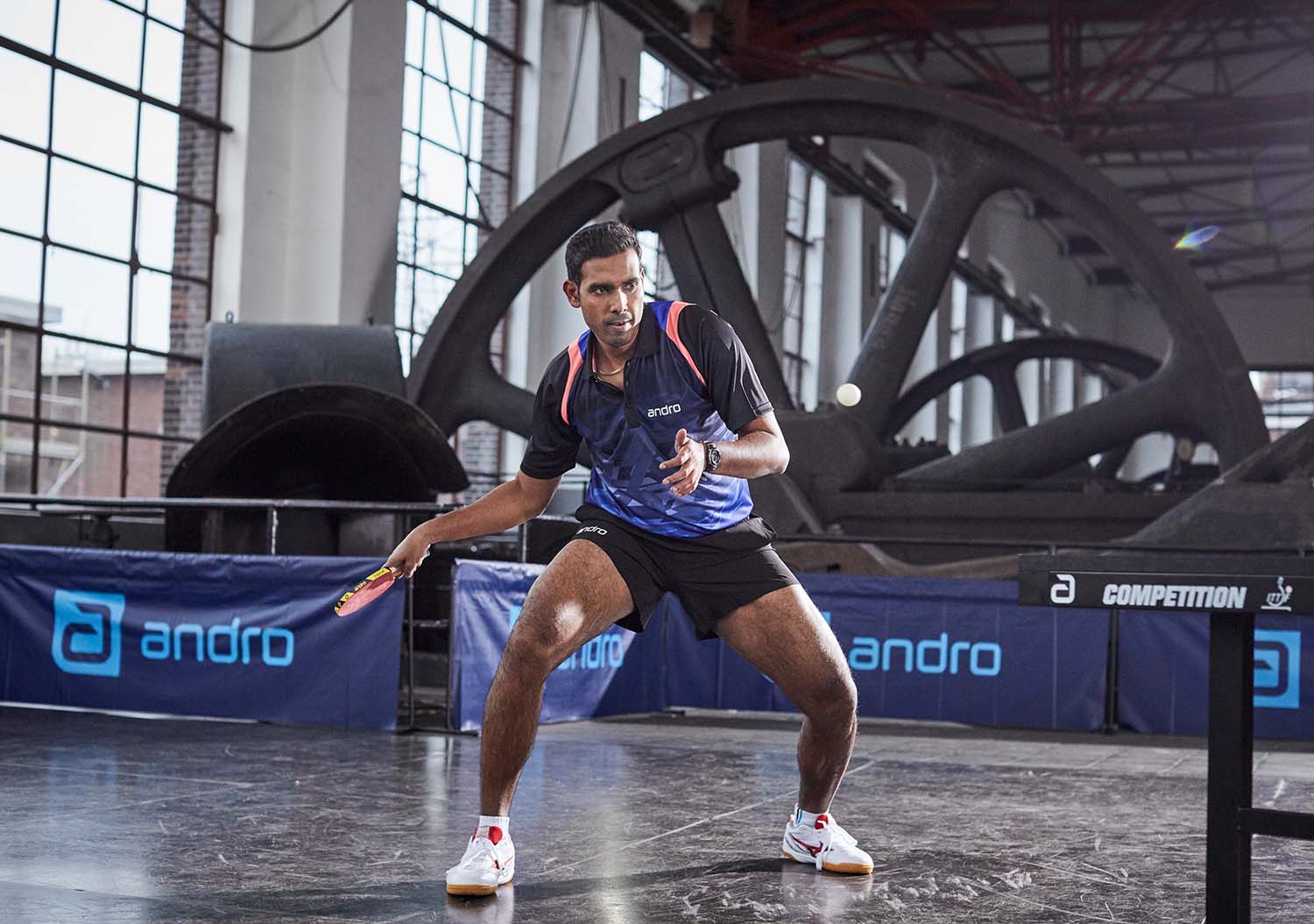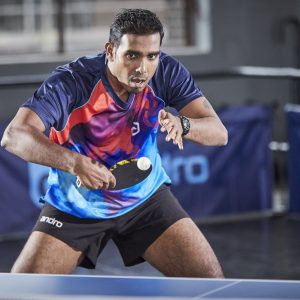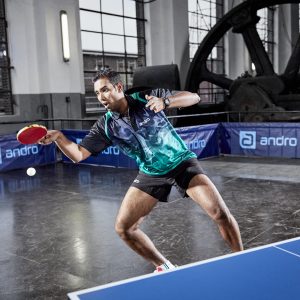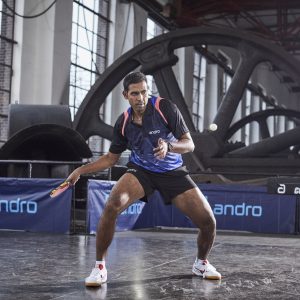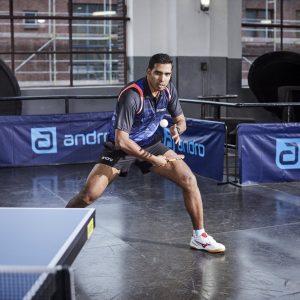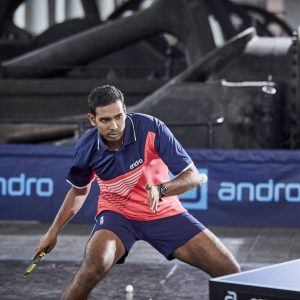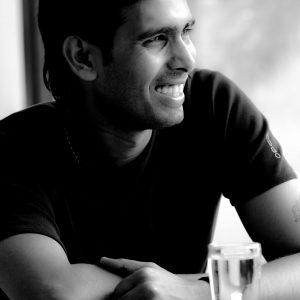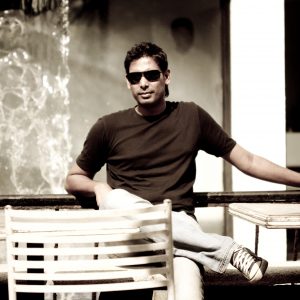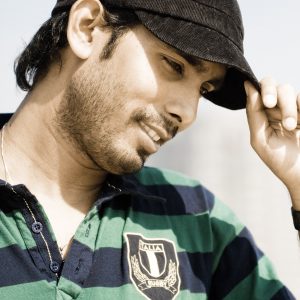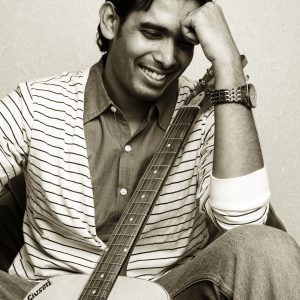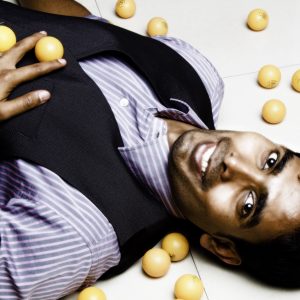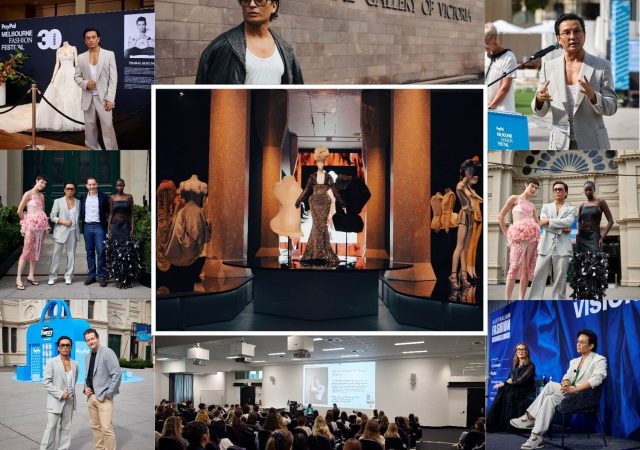From lone wolf to one of a pack, Sharath Kamal has played a lone hand for India in table tennis.
Say hello to Indian table tennis statesman, Sharath Kamal, holds almost two decades of sporting journey.
Most sportspersons have a dream. A dream that made them step into the arena of sports. A dream that drives them to work hard everyday during their sporting journey. For Sharath Kamal, it was being best in each match that he played, which he’s proved in his long career. Being the country’s top paddler, Sharath holds the title of the first ever medalist for many international tournaments, be it Asian Games or Commonwealth Games.
Catching up with the champion of table tennis, Sharath Kamal talks about his journey with the sport and its nuances. Excerpts:
1.What inspired you to pursue table tennis as a profession?
My father started coaching before I was born and at 3, he would take me to the club. At 4, I started playing table tennis and my parents told me that I used to wake my dad early for practice. Slowly, I started getting better and became the best in Tamil Nadu under different categories. There was a point of time where I had to decide if I wanted to play sports professionally or pursue science and then engineering. In tenth, I took commerce and played table tennis professionally. It was a tough decision but my parents supported me.
2.Take us through your journey and hurdles that you faced in your sporting journey.
Let’s say, in the starting, I had hurdles especially financial because sports wasn’t a profession at that time. Even after I won international tournaments, people asked what I was studying as it was an academic oriented scenario. People who played with me left the sport and used it to get admissions under sports quota. Also, as a sportsperson, earnings were hard. Slowly, I did well in the nationals and wanted to enter the international circuit but India didn’t have good infrastructure. So, I moved abroad to Europe for high level training but had to decide where to go, which club to join and the expenses it’ll cost. Luckily, I established myself there, found good clubs and slowly, entered the international arena. I got an identity for myself and broke in, now people are happy to hire me because Indian players have a good reputation and deliver the job. Personally, I’ m married for 10 years and have two children but don’t get enough time with them. They have made more sacrifices than me.
3.While on court, what is the first thing that you do before entering and what is that one strategy that you always follow?
It’s changed over time but I calm myself and push higher, knowing my exact mental state. I listen to music and the playlist keeps changing. The music genre changes, subjective as it depends on my anxiety or kind of a match I’ll play.
The strategy is to be aggressive and go for my shots as I don’t have a defensive game for the win. I use it against everyone and they know it but I’m good at what I do which helps me.
4.Facing a career threatening injury in 2015, how has your game changed? What kept you pushing? What’s your go-to shot?
In 2015, I was away from the sport for almost six months. I was on the wheelchair and then on sticks, my future was bleak. The doctors weren’t sure about my return but I went through rehab. It was depressing because table tennis is my identity. It was a tough time and thanks to my wife, I didn’t slip into depression. I fought and prepared for the Rio Olympics because I missed out on the London Olympics. From 2012-15, my wife told me to concentrate on the sport while she took care of the children. It was difficult but I had a goal to achieve which kept me going. I didn’t do well in Rio but I’m happy that at least got a chance.
My forehand top spinner is my trademark shot. Everybody knows that Sharath Kamal plays the biggest one and the best of the best can’t return that shot to me.
5.Called as the trailblazer of Indian table tennis, how do you feel about winning world tournaments and being a recipient of Indian government honorary awards? How did your family react?
My family is proud of what I am doing. For the Oman Open, I literally fought with my wife to go as there was corona virus but told her that it was important for the Tokyo Olympics qualification. But when I won the tournament, she was proud. In 2005, when I got the Arjuna Award, my mom collected it on my behalf from APJ Abdul Kalam. For her, it was a proud moment and this honour was the best thing that I could give her. In 2010, I won gold in the Commonwealth Games. My mother was the first person I hugged and was almost teared up.
6.Tell us about your fitness routine. How do you keep yourself motivated during the lockdown?
In the beginning, it was hard because I finished my preparations for the Tokyo Olympics. In sports, you have a term called periodization, which means to peek in your physical and mental performance. Over time, I have understood my body and it’s not a full proof plan because the mind is involved with this. But I was right on track, won the Oman Open and things were falling in place. I started preparing from November 2019 and put myself through the grind to be in shape. Now, I’ve stopped everything and need to start over but have no road map. The main thing that keeps me motivated is to do well in the Olympics.
7.You have trained under your father and uncle, shed some light on the key takeaways.
It’s not easy being a coach and a father because I can see it with my children. My dad and uncle decided that whatever my father wanted to tell me was via my uncle. My uncle was the coach because we respected him, didn’t answer back and maintained distance.
8.A life lesson you would pass on to your two children or to anyone who inspires to take up sports.
Sports should be an integral part of your life. It teaches you to be committed, work hard to achieve your goals and time management skills. One learns to face failure, it breaks you down but in sports, you face it every day. You’ll work hard and lose but will go through the grind again which teaches you a lot. Secondly, handling success is important that people don’t understand. How one should absorb success but continue to work hard because once you achieve something, you think that’s it but no, one has more to achieve. And if you are at the top, everyone wants to take your place, so keep moving ahead.


